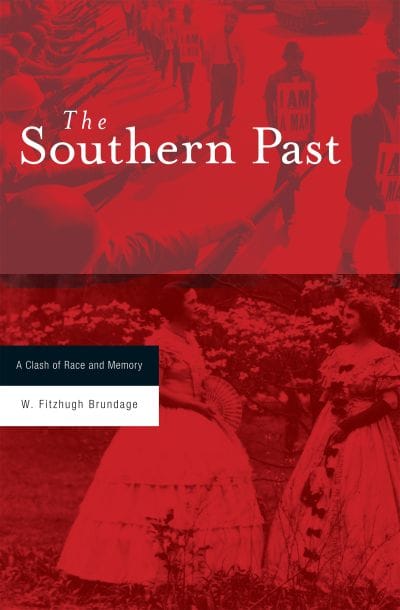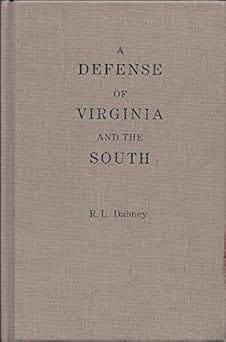
Books
None of these are required reading for the cause, but we are providing a list of books for those that are interesting in learning more, whether it's for their own understanding or to help them in hard conversations with friends. They cover the myth of the lost cause as well as dealing with racism in society in general.
Seidule, Ty. Robert E. Lee and Me. New York: St. Martin's Press, 2022.
In a unique blend of history and reflection, Seidule deconstructs the truth about the Confederacy―that its undisputed primary goal was the subjugation and enslavement of Black Americans―and directly challenges the idea of honoring those who labored to preserve that system and committed treason in their failed attempt to achieve it.
Blight, David W. Race and Reunion: The Civil War in American Memory. Cambridge: Harvard University Press, 2001.
Probably the most influential book written in recent history about the Lost Cause and how American’s remembered the Civil War. Argues that white Americans reunified and reconciled by downplaying the importance of emancipation and the experience of African Americans during the Civil War.
Brundage, Fitzhugh W. The Southern Past: A Clash of Race and Memory. Cambridge: Harvard University Press, 2005.
Since the Civil War whites and blacks have struggled over the meanings and uses of the Southern past. Indeed, today's controversies over flying the Confederate flag, renaming schools and streets, and commemorating the Civil War and the civil rights movement are only the latest examples of this ongoing divisive contest over issues of regional identity and heritage. The Southern Past argues that these battles are ultimately about who has the power to determine what we remember of the past, and whether that remembrance will honor all Southerners or only select groups.
Gallagher, Gary W. Lee and his Generals in War and Memory. Baton Rouge: Louisiana State University Press, 1998.
A timely reexamination of the career of Robert E. Lee and his relations with his subordinates includes a study of Lost Cause interpretations of the war that argue that Lee and Stonewall Jackson were flawless warriors hurt by inept generals
Janney, Caroline E. Remembering the Civil War: Reunion and the Limits of Reconstruction. Chapel Hill: University of North Carolina Press, 2013.
As early as 1865, survivors of the Civil War were acutely aware that people were purposefully shaping what would be remembered about the war and what would be omitted from the historical record. In Remembering the Civil War, Caroline E. Janney examines how the war generation ― men and women, black and white, Unionists and Confederates ― crafted and protected their memories of the nation’s greatest conflict.
The Memory of the Civil War in American Culture, edited by Alice Fahs and John Waugh. Chapel Hill: University of North Carolina Press, 2004.
A collection of essays—the best one stop shop for quick but deep dives into a wide variety of controversies about how American’s remember the Civil War. The essays move among a variety of cultural and political arenas — from public monuments to parades to political campaigns; from soldiers' memoirs to textbook publishing to children’s literature — in order to reveal important changes in how the memory of the Civil War has been employed in American life.
The Myth of the Lost Cause and Civil War History, edited by Gary W. Gallagher and Alan T. Nolan. Bloomington: Indiana University Press, 2000.
Misrepresenting the war's true origins and its actual course, the myth of the Lost Cause distorts our national memory. In The Myth of the Lost Cause and Civil War History, nine historians describe and analyze the Lost Cause, identifying ways in which it falsifies history―creating a volume that makes a significant contribution to Civil War historiography.
Dabney, R.L., A Defense of Virginia and the South, Annotated. :Sprinkle Publications. 1991
This is the source. The origin of the lost cause mythology. Originally published in 1867, this book laid the foundation for the mythos that still haunts America today.
Pryor. Elizabeth Brown. Reading the Man: A Portrait of Robert E. Lee Through His Private Letters. New York: Penguin Books, 2008.
This book offers a portrait of him based on his unpublished personal correspondence offers insight into the lesser-known complexities of his personality, in a collection of essays that covers such topics as Lee's early years, his relationships with family and slaves, and his thoughts on military strategy.









